Generator subscription fees have risen to astronomical levels, as high as $375 on the parallel currency exchange market, for enough electricity to keep a family home cool through the hot summer nights. Those wealthy enough to accept these high fees still face daily power cuts as generator owners attempt to conserve fuel.
Sometimes there just is not any diesel to be found at all, and they are forced to sit sweating in the dark, wondering whether the food in their refrigerators has been kept cold enough to be safe to eat.
‘Definitely a boom’
As a result, there has been an explosion in interest in alternative energy, and thousands of mostly wealthy people are now turning to solar power for independence from an unreliable power grid. In a country that sees about 300 days of sun per year, well-off residents are snapping up the expensive equipment required to secure stable off-grid electricity, and give them and their families security and peace of mind.
“From a residential perspective, this is definitely a boom,” said Carla Nassab, a programme officer at the United Nations Development Programme, who is working on several alternative energy initiatives across Lebanon.
“But the boom, it’s not just residential, it’s everywhere,” she said. “Industries are looking into solar energy or anything that actually provides them electricity, because it’s becoming too scarce and it’s becoming too expensive.”
The half-dozen Lebanese alternative energy contractors interviewed for this article agreed, saying they have never seen this type of interest in solar power before.
“I would say it’s historically skyrocketing. Probably that would still be an understatement. We tripled our team in just two weeks,” said Bassam Karam, general manager of Smart Power. “It’s now not just a matter of cost. It’s a matter of, ‘Do you have electricity or not?’”
Karam said Smart Power is receiving more than 500 requests for quotes per week, and it is impossible for them to follow up with everyone.
Solar contractors told Al Jazeera their new customers come from all over the country, from all religious sects, with nothing in common other than the ability to pay the steep price tag for their new solar power system in so-called “fresh” dollars, or US greenbacks brought in from outside the country after the banking sector collapsed in 2019.
A new system including photovoltaic solar panels, ion batteries, and a solar inverter – to convert the direct current power harvested from the sun into alternating current that can be stored in the batteries – costs between $4,500 and $6,000 and increases from there.
Spending this amount will give a home enough power storage to last from eight to 10 hours after the sun goes down, and will last upwards of 10 years before needing an overhaul. But the initial investment is far beyond what the vast majority of Lebanese can afford.
“We only take fresh dollars,” said a representative from Kypros Solar, who said it has sold more than 100 systems this summer. “Because we bring all the stuff from outside [the country], from China mainly and the US, so we pay in fresh dollars.”

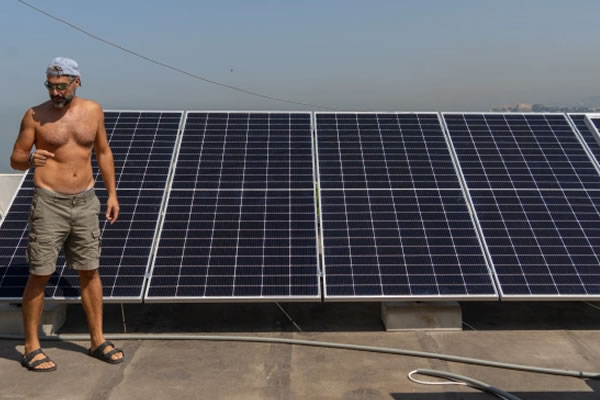
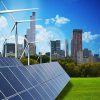
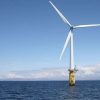
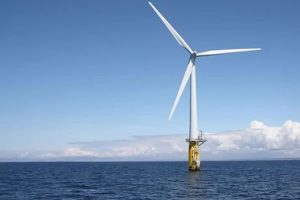
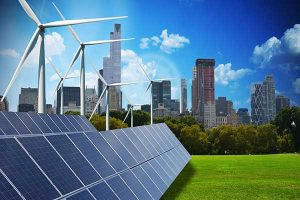
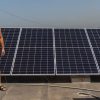

Leave a reply